Metaverse or AI? Where does the future of marketing lie?
Published: May 19, 2023
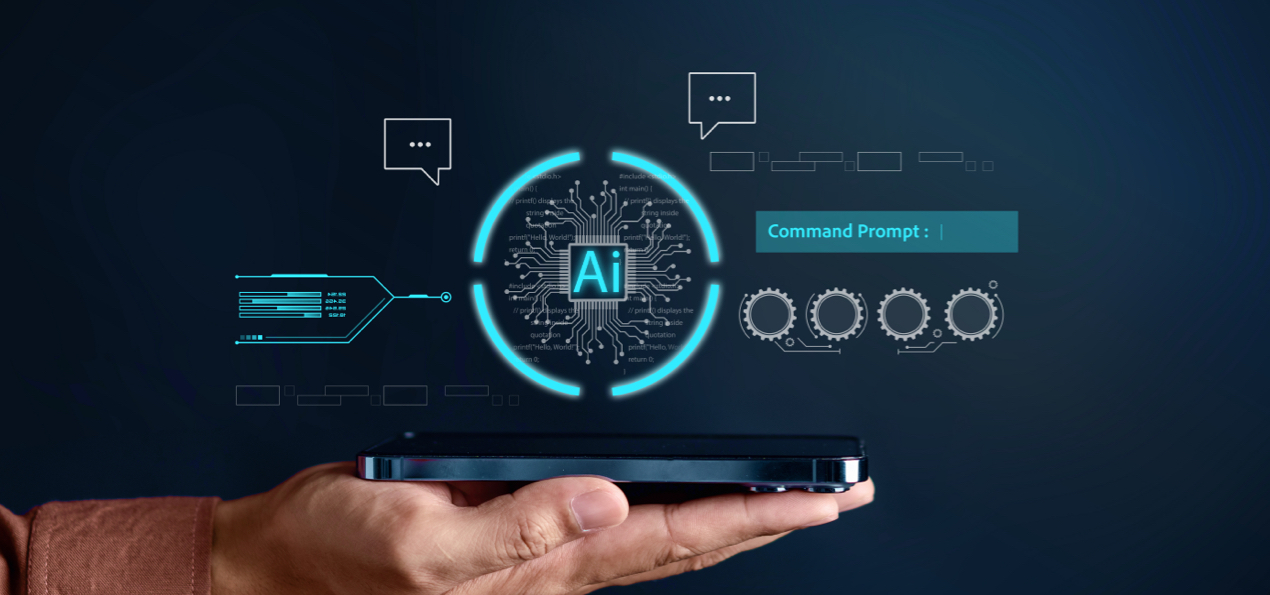
It is AI not Web 3 and all its wearables and collectibles that will have a lasting impact on the marketing landscape according to Coca-Cola.
Coca-Cola has certainly gone the AI route, partnering with Bain and Company and OpenAI to enhance the creativity of [its] marketing department.
Coca-Cola Co. CEO James Quincey.
Coca-Cola certainly believes that after the initial outpouring of enthusiasm and excitement from brands about Web 3 and NFTs and the metaverse, it will just fizzle out and AI will / has already taken its place as the latest marketing buzzword.
Pratik Thakar, the Global Head of Creative Strategy and Integrated Content talked about how Coca-Cola has already started to leverage AI in its marketing and why the company prioritizes AI tools over Web 3, at Ad Age’s Web3 Marketing Summit. According to him, unlike the swift hype cycle that surrounded virtual worlds and digital collectibles, AI is positioned to have an enduring impact on the marketing landscape.
AI is going to be more fundamental than Web3 technologies. The OpenAI platform is very practical. I can use it every day.
Pratik Thakar
Right after entering into a partnership with Bain and Company, Coca-Cola announced a new AI-centric campaign using the latest versions of DALL-E and ChatGPT called “Create Real Magic”. Coca-Cola gave customers access to their library of hundreds of the company’s visual assets—including the Coca-Cola logo and various bottle and can designs—and asked them to use these to create AI-generated artwork.
According to Coca-Cola, in less than two weeks, they received 120,000 different images through the campaign website! And a significant percentage of that group skewed to a younger demographic, which spent an average of seven minutes on the campaign website. Coca-Cola displayed the top entries on billboards in Piccadilly Circus in London and Time Square in New York.
Thakar explained that it was important for brands to connect the new innovative technologies to existing marketing strategies such as out-of-home displays or influencer partnerships. And that it was not a good idea to just use the new tech in order to appear innovative. He also suggested that if a brand were to consider incorporating any emerging tech into their marketing strategies, that they must pick AI over Metaverse. Although he conceded that metaverse is good for brands seeking to create an immersive experience or an online community for their customers.
At the end of the day, Thakar says that he is more optimistic about the potential impacts of AI on brands than he is about the metaverse.
AI or Metaverse for marketing?
Technology is a game changer.
And marketing is no exception to this rule.
The new kids on the block – web3 and metaverse and AI are changing the way marketers engage their audiences.
Metaverse came on the scene and everyone wanted in. With its NFTs and wearables and avatars, it had brands clamoring to offer their audiences a completely different experience that is truly not of this world!
And this is what metaverse helps brands do – it helps them give their customers a highly immersive experience where there are avatars and games and wearables and digital tokens. Gen Z and the Millennials grew up playing online games – games with rich imagery and fantasy – which makes them the perfect passengers to take on a trip to the metaverse. Recently H&M launched a whole line of clothing with a game based on Argyle and the pizza shop from Stranger Things on Roblox – which will be a sure winner among the younger generation.
AI is a different ball game altogether – it has been said that AI will completely transform and drive marketing.
Where there is a lot of data and a great need for personalization, AI can just hit the ball out of the park. It can help shape better customer experiences, and enable better predictability of outcomes.
AI can do wonders with segmentation by splitting customers into various groups based on specific characteristics – gender, age, income level, interests, and a zillion other criteria. It can power the mapping of what will work with whom. AI can enable brands to connect with millions of prospects with a hundred different variations of marketing messages and help them track and measure their effectiveness almost instantly.
When it comes to email marketing – AI can produce numerous variations of headlines and subject lines and emails themselves so they are relevant to each customer that they are meant for. AI powers creativity – with regard to design and content.
They are two different things – and they have powerful attributes that they bring to the table to completely change every marketing effort.
Apples and oranges – if you asked us. Apples and oranges.



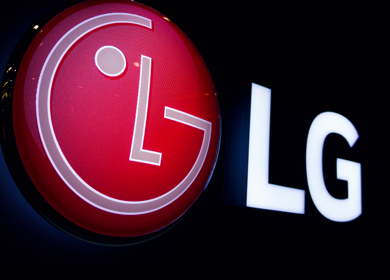
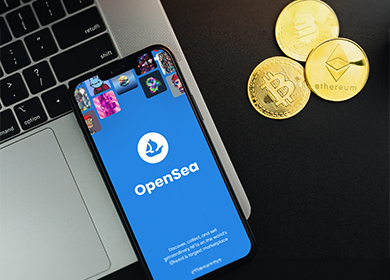

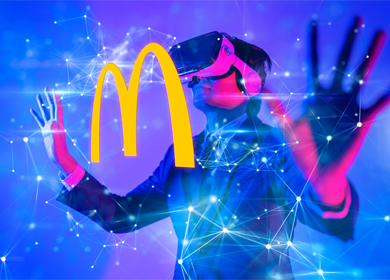
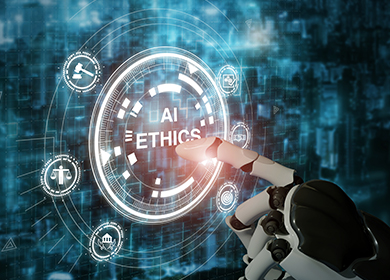


Be the first one to comment.